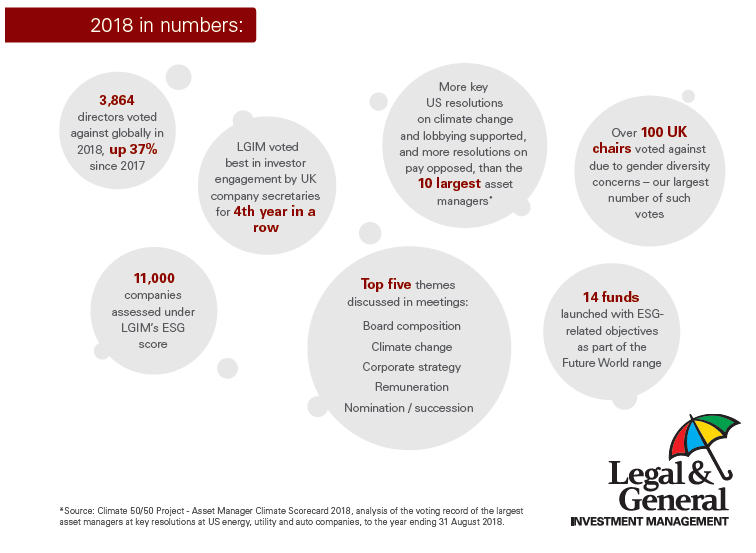Matteo Tonello is Managing Director of ESG Research at The Conference Board, Inc. This post relates to Corporate Board Practices in the Russell 3000 and S&P 500: 2019 Edition, an annual benchmarking report published by The Conference Board and ESG data analytics firm ESGAUGE, in collaboration with Debevoise & Plimpton, Russell Reynolds Associates, and The John L. Weinberg Center for Corporate Governance at the University of Delaware.
According to a new report by The Conference Board and ESG data analytics firm ESGAUGE, in their 2018 SEC filings 50 percent of Russell 3000 companies and 43 percent of S&P 500 companies disclosed no change in the composition of their board of directors. More specifically, they neither added a new member to the board nor did they replace an existing member. In those cases where a replacement or addition did happen, it rarely affected more than one board seat. Only one-quarter of boards elected a first-time director who had never served on a public company board before.
These findings provide some important context to the current debate on gender diversity and board refreshment, underscoring the main reasons why progress remains slow: average director tenure continues to be quite extensive (at 10 years or longer), board seats rarely become vacant and, when a spot is available, it is often taken by a seasoned director rather than a newcomer with no prior board experience.
